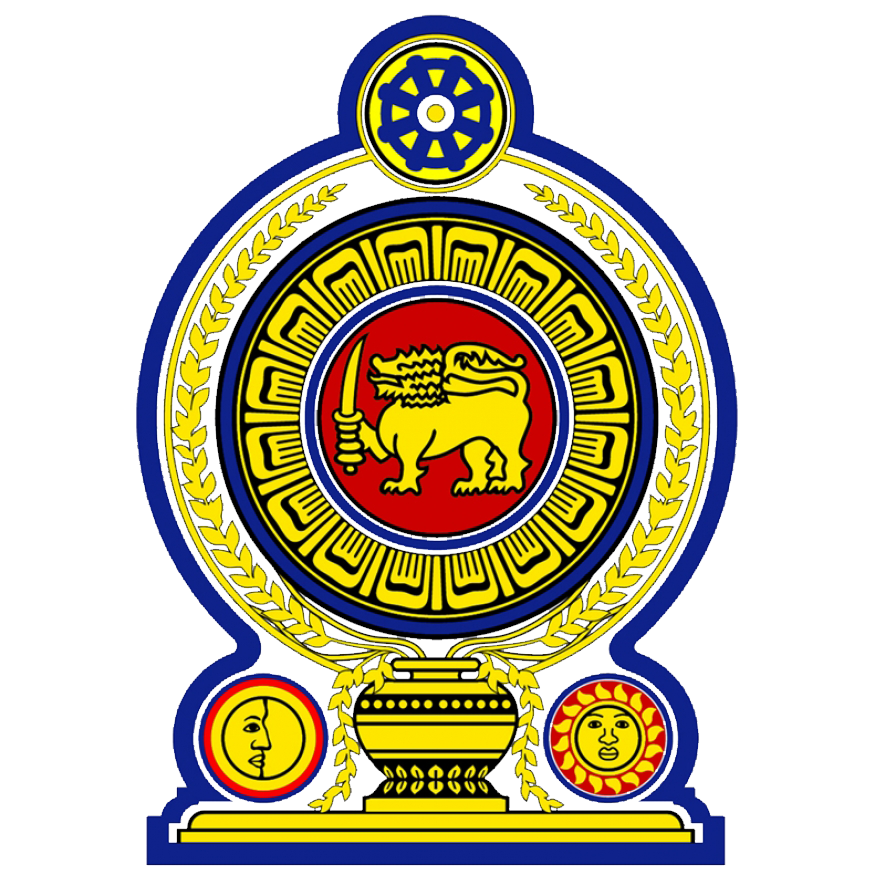
The project will use a river basin/ sub-basin approach to deliver an integrated package of interventions for irrigation and drinking water. The selection of cascades has considered income poverty, multi-dimensional poverty and disaster impact on these communities as criteria.
The selected river basins are Malwatu Oya, Mi Oya, and Yan Oya with watersheds situated almost entirely in the Dry Zone, resulting in highly unreliable water yields and flow in these rivers. The Mi Oya river basin has been identified as the most vulnerable river basin in the country (See Annex II, Feasibility Report, Section 5.2 for rationale), and all three are situated in areas currently facing drinking water challenges. Given that vulnerabilities arising as a result of poor quality drinking water are difficult to be addressed with a purely river basin approach (water quality is also dependent on the presence of fluorides and contaminated groundwater aquifers cut across river basin boundaries), interventions to provide good quality drinking water will expand to districts connected to the targeted river basins i.e. Kurunegala, Puttalam, Anuradhapura, Mannar, Trincomalee, Vavuniya and Polonnaruwa Districts.
Within selected cascades the Project will target households meeting the vulnerability criteria (one or more) for specific investments in climate-smart agriculture, rainwater harvesting, community water supply programmes and flood early warning advisories, including: